In recent years, the fight for reproductive rights and access to safe and legal abortion has gained significant attention across the United States. Ohio, a state with restrictive abortion laws, witnessed a historic win with the passage of the Reproductive Freedom Act. Behind this milestone achievement are the efforts and advocacy of numerous individuals and organizations, particularly the Black women who played a pivotal role in shaping the narrative and mobilizing support. In this article, we highlight the stories of the Black women who fought tirelessly to secure Ohio’s historic abortion win and shed light on their crucial contributions to the reproductive justice movement.
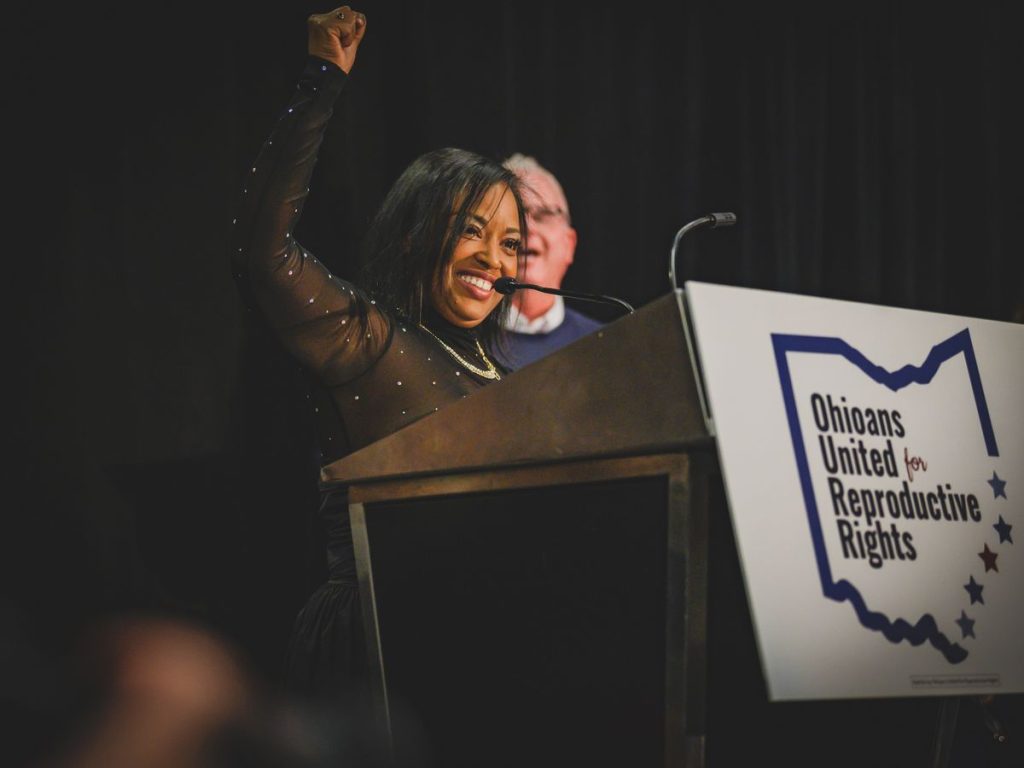
Representative Stephanie Howse:
Representative Stephanie Howse, a Black woman serving in the Ohio House of Representatives, emerged as a key leader in the fight for reproductive rights. She co-sponsored the Reproductive Freedom Act and passionately spoke out about the need to protect women’s autonomy over their bodies. Howse’s advocacy centered on the intersectionality of reproductive justice, recognizing the disproportionate impact restrictive abortion laws have on marginalized communities.
NARAL Pro-Choice Ohio:
NARAL Pro-Choice Ohio, an organization committed to protecting and expanding reproductive freedom, played a crucial role in mobilizing support for the Reproductive Freedom Act. Black women leaders within NARAL, like Kellie Copeland, executive director of NARAL Pro-Choice Ohio, worked tirelessly to engage communities, organize grassroots efforts, and elevate the voices of Black women in the fight for reproductive justice.
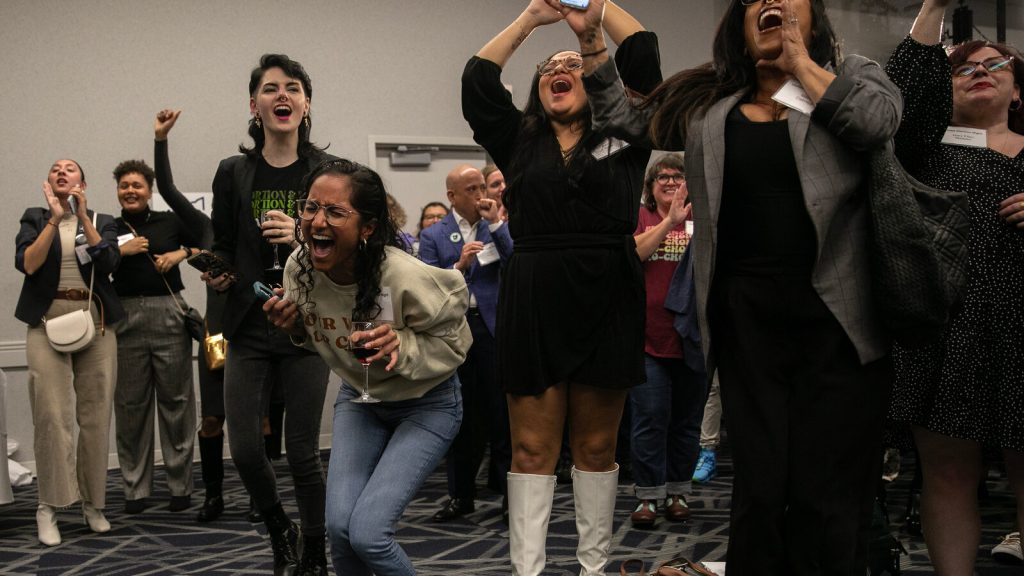
Women Have Options Ohio:
Women Have Options Ohio (WHOO), an organization dedicated to ensuring access to abortion care, played an instrumental role in the battle for reproductive rights in Ohio. Led by Black women activists such as Iris E. Harvey, President and CEO of Planned Parenthood of Greater Ohio, WHOO provided vital resources, support, and financial assistance to individuals facing barriers to abortion access.
The Ohio Religious Coalition for Reproductive Choice:
The Ohio Religious Coalition for Reproductive Choice (ORCRC) is an interfaith organization that advocates for reproductive justice and supports access to comprehensive reproductive healthcare. Black women leaders within ORCRC, such as Rev. Dr. Susan Smith, mobilized faith communities, challenging the notion that religious beliefs are incompatible with supporting reproductive rights.
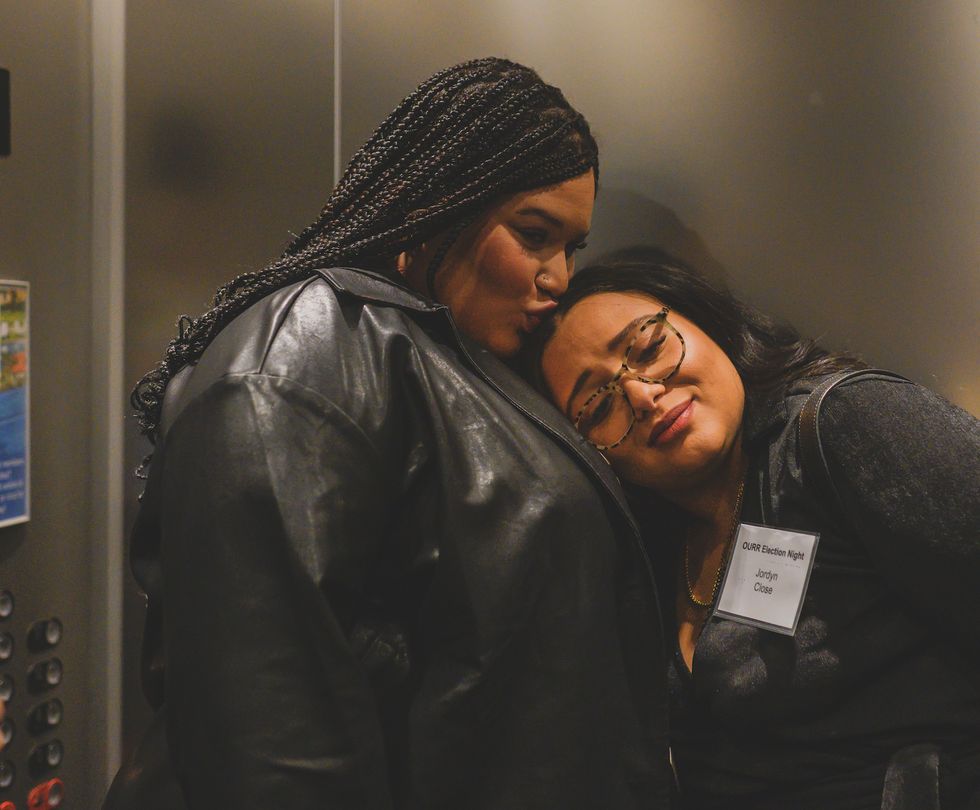
SisterReach:
Although not based in Ohio, SisterReach, a Tennessee-based organization led by Cherisse Scott, has been instrumental in supporting the reproductive justice movement in Ohio and beyond. SisterReach focuses on advocating for the rights of marginalized communities, including Black women, and ensuring that their voices are heard in policy debates.
Ohio Women of Color Leadership Network:
The Ohio Women of Color Leadership Network (OWCLN) is a statewide organization that uplifts and empowers women of color in Ohio. Through their advocacy efforts, OWCLN elevated the voices and experiences of Black women directly impacted by restrictive abortion laws, shedding light on the unique challenges they face and amplifying their calls for change.
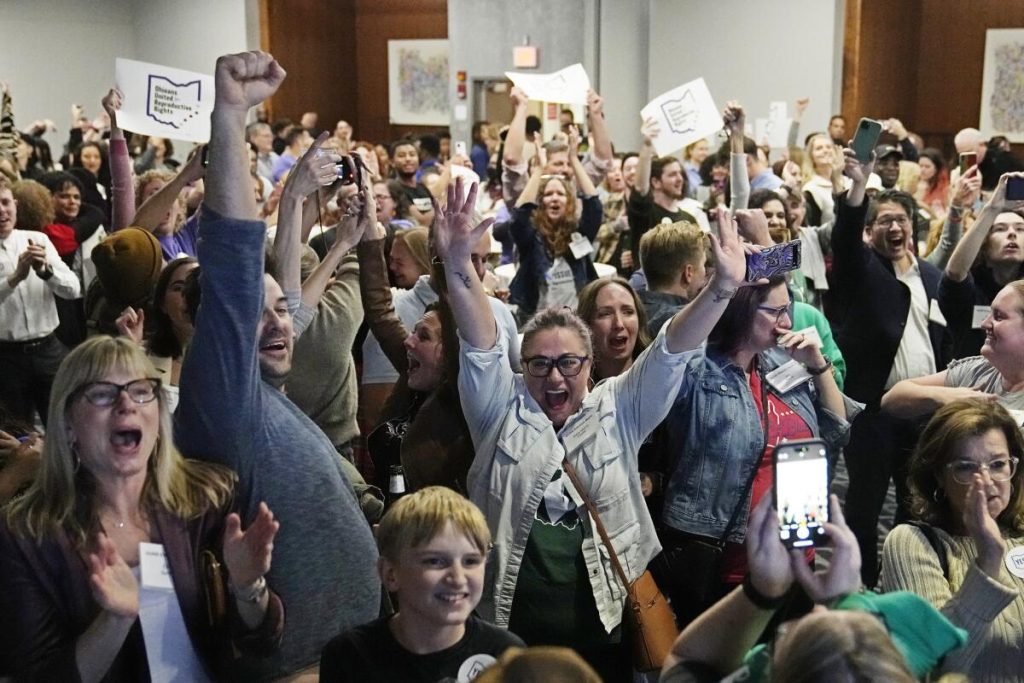
Grassroots Activists:
Beyond organizations and elected officials, countless grassroots activists, many of whom are Black women, dedicated their time and energy to mobilize communities and raise awareness about the importance of reproductive rights. These activists organized rallies, engaged in community outreach, and shared their personal stories to humanize the impact of restrictive abortion laws.
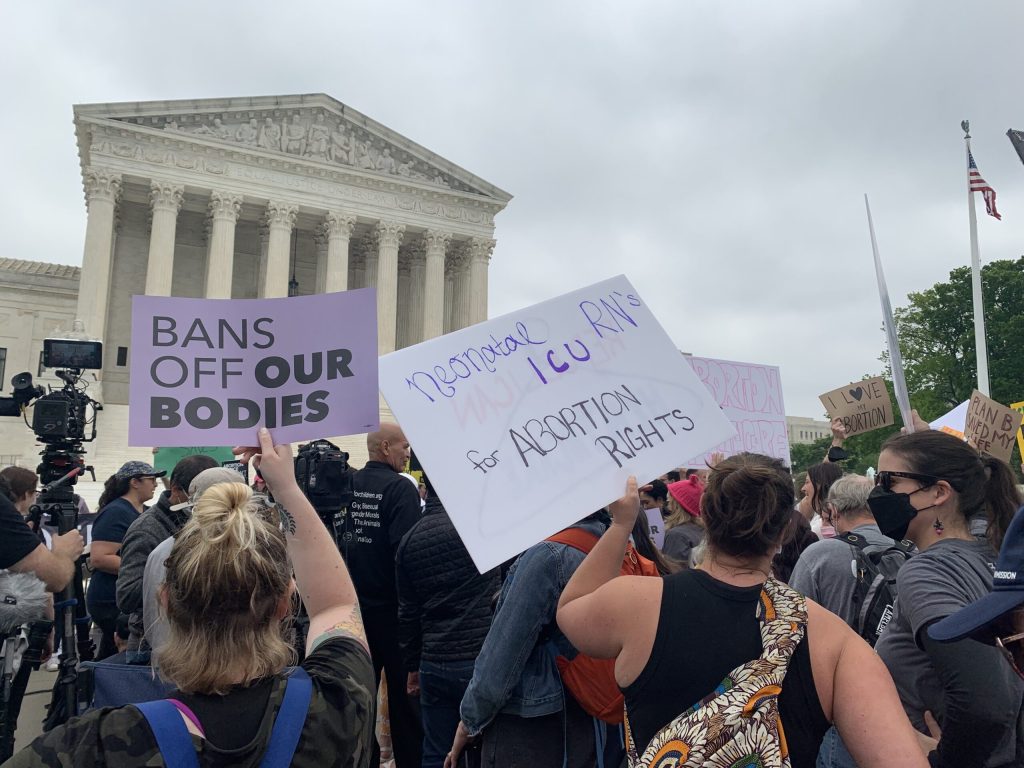
Ohio’s historic abortion win is a testament to the tireless efforts of the Black women who led the charge for reproductive justice. From elected officials like Representative Stephanie Howse to organizations like NARAL Pro-Choice Ohio, Women Have Options Ohio, and the Ohio Religious Coalition for Reproductive Choice, their collective advocacy has reshaped the narrative around abortion rights in Ohio. Additionally, the work of grassroots activists and organizations such as SisterReach and the Ohio Women of Color Leadership Network has been crucial in centering the experiences of marginalized communities and demanding equitable access to reproductive healthcare. Moving forward, it is essential to recognize and celebrate the contributions of these Black women leaders, learn from their strategies, and continue supporting their efforts to ensure reproductive justice for all.